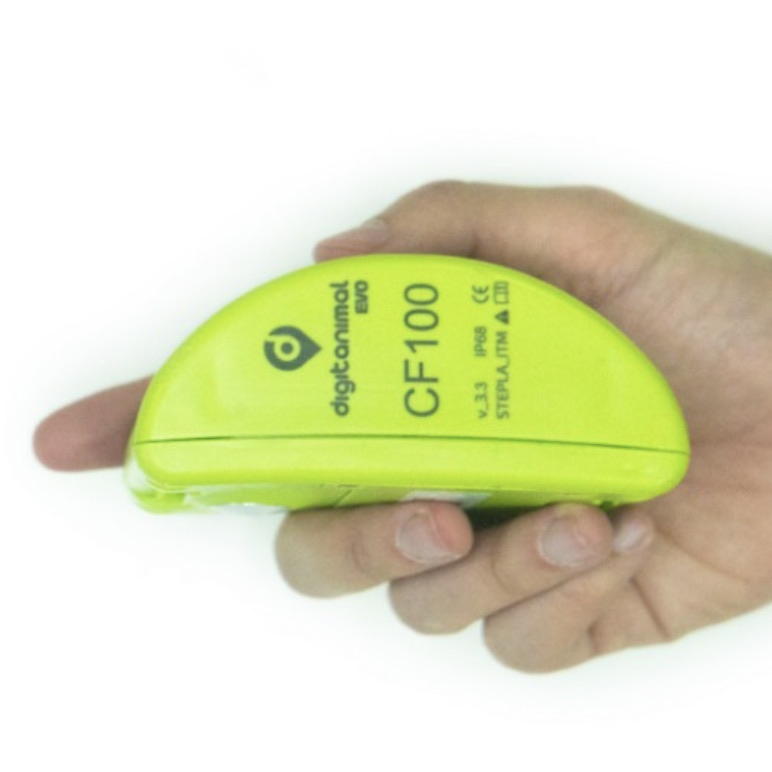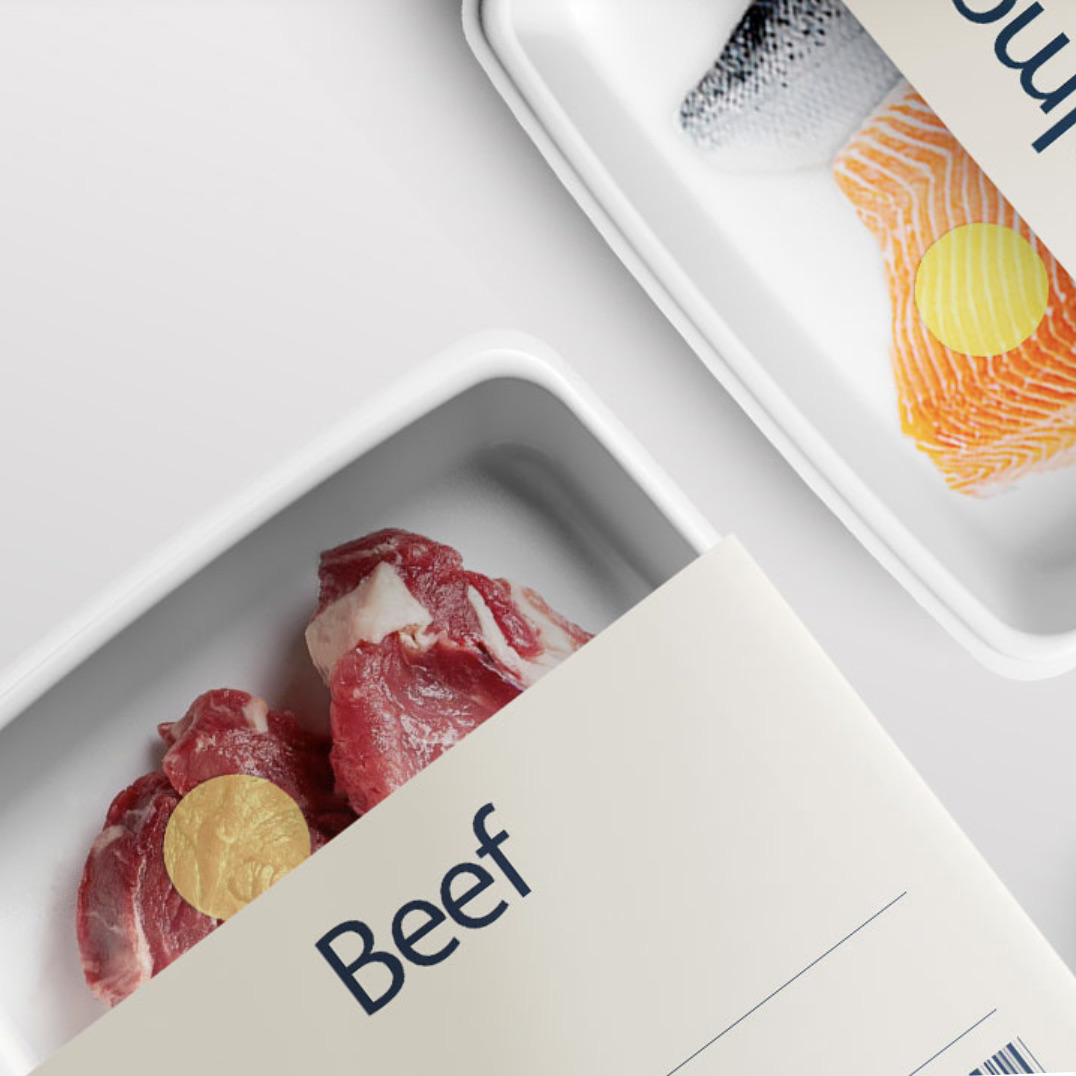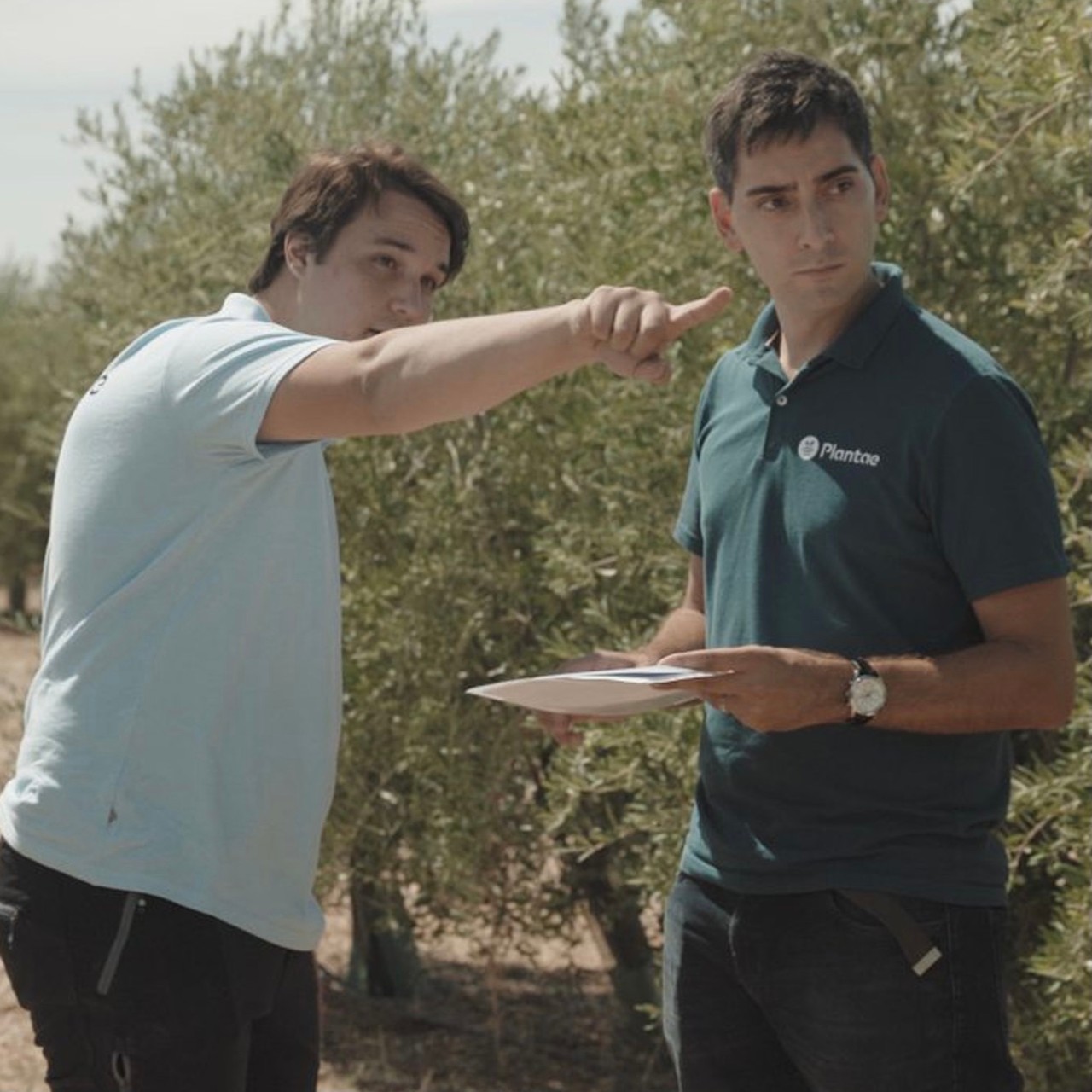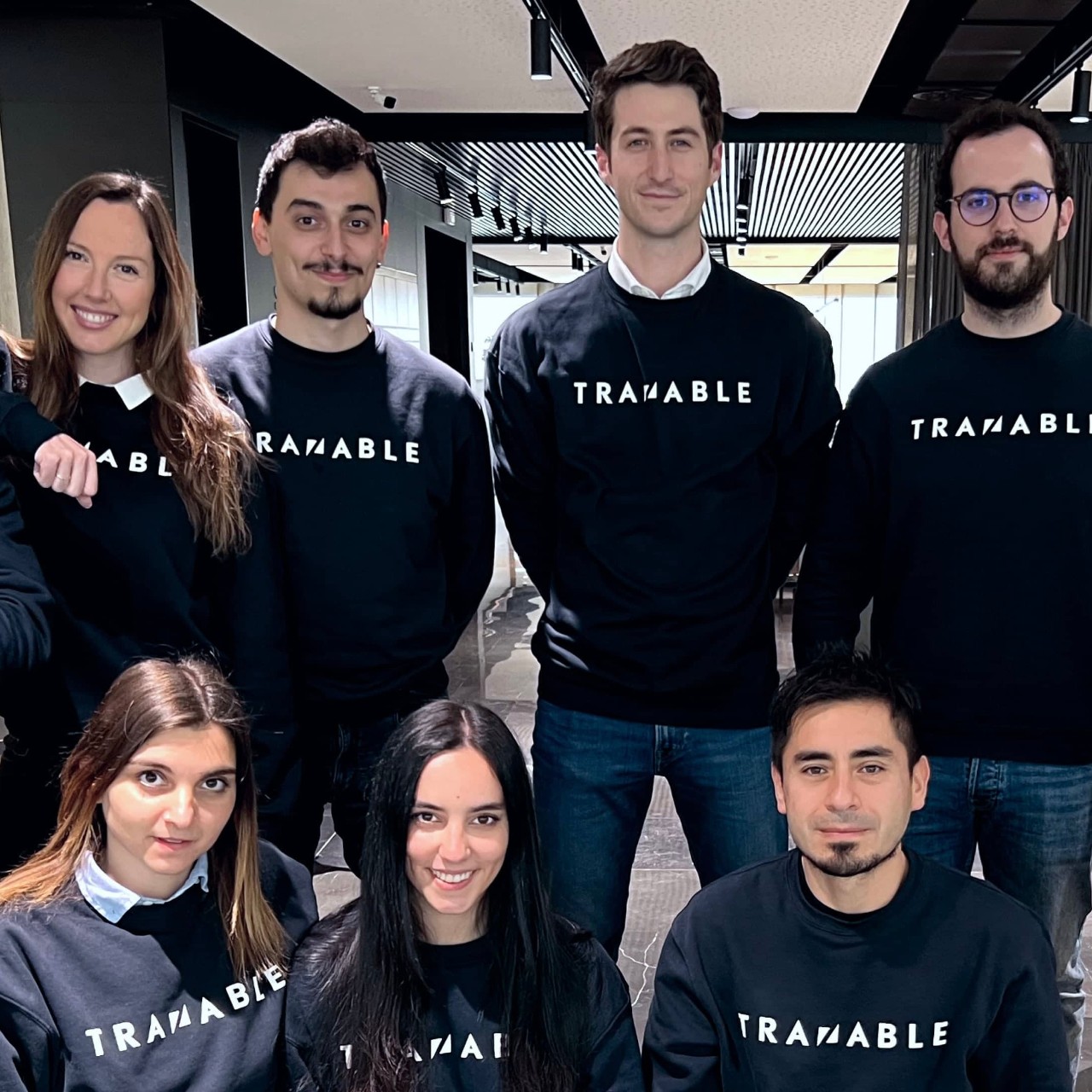Access to sufficient amounts of safe and nutritious food is key to sustaining life and promoting good health
.png.transform/rendition-xs/image_image%20(1).png)
Access to sufficient amounts of safe and nutritious food is key to sustaining life and promoting good health
In Spain, where food production accounts for a substantial portion of the economy, food safety is a critical issue. Spanish agricultural products are known for their quality and are one of the largest producers in Europe. As a country with a long history of food production, food safety is a top priority for the government and industry.
Globally, food service businesses are becoming more efficient and improving food safety as a result of new technologies, and the Spanish ecosystem stays at the forefront of this. Not only do these technological tools make food safer, but they can also help the industry save an important amount of money and time.
The implementation of new technologies, like blockchain, in the food industry in Spain has been growing in recent years, driven by a need for increased transparency and security in the food supply chain. According to the Spanish Association of Food and Beverage Industries (FIAB), Spain has a high level of digital maturity in the food sector, with a strong commitment to innovation and the use of technology to improve food safety.
In addition, the Spanish government is also promoting research and development in the area of blockchain and food safety by providing funding and support to start-ups and technology companies specializing in this field.
The growing number of start-ups and technology companies specializing in blockchain solutions for the food industry shows the country's commitment to innovation.

The intersection between Food Safety and Technology
Food tech safety can be referred to as food science where supply chain processes are made hyper-transparent and data-driven with the use of new technologies. Traceability, Artificial Intelligence, and Blockchain technologies are being used to empower people to know exactly where, how, and by whom products are produced, as well as the societal and environmental costs associated with them.
By collecting data from every stage of the food production process, these technologies make it possible to monitor and control food quality from farm to table, helping identify any potential food safety issue quickly and take action.
The introduction of these new technologies has caused a paradigm shift in how farmers, manufacturers, wholesalers, retailers, and consumers work and manipulate their data, increasing the transparency and efficiency of the supply chain.
Traceability through technologies
From the very beginning of the value chain, traceability is essential for detecting any problems with anticipation, being able to prevent problems in the long run. With new projects and technologies, it becomes easier and more bearable to have all the information needed.
With digital and smart sensors, data from the physical environment is collected and processed using built-in computation resources for better accuracy, efficiency, and effectiveness. In most cases, these sensors combine a sensing element with a microprocessor that processes the data and sends it or is shown to the user. With innovation never ceasing, new smart sensors communicate with the internet as part of the Internet of Things (IoT).
IoT describes the network of physical objects—“things”—that are connected with sensors, software, and other technologies for the purpose of connecting and exchanging data with other devices and systems over the internet.

For instance, Digitanimal have developed an intelligence scale for cattles, ships, goats, and pigs, that without affecting the animal behavior, it allows to keep track of the evolution of the weight and health of each animal, letting you set up alerts on animal health status in order to control and make decisions.
As it is observed, IoT technology helps companies and consumers track their products/animals along the entire supply chain enabling continuous real time supply chain visibility.
The relationship between IoT and sensoring technology is also demonstrated by Plantae, a company that uses self-manufactured sensors to monitor and control climate conditions around crops, providing data, graphs, and information for more efficient and realistic decision making.
Furthermore AgroPestAlert, a Navarra-based company, offers a functional, robust, reliable, and cost-efficient solution, which provides farmers a “smart trap” to pests, which is later linked to a cloud information platform, allowing them to be aware of the presence of pests in the early stages of infestation, where they are most vulnerable to being controlled with fewer resources, resulting in a lower discharge of chemical pesticides into the environment, and lower ecological footprint.
Digital sensors have gained immense traction overtime owing to their ability to monitor the food production process starting from manufacturing through to distribution, thereby improving supply chain visibility. The use of digital sensors ensures that food and raw materials remain in optimal conditions, and that automated processes are properly operating, increasing and improving value chain transparency.

Nulab, a Navarra-based company, which holds a partnership with CNTA, is creating and developing equipment and devices that measure food quality and safety in real time through sensor technology. For the last four years, they have been working with 2 sensoring technologies: Hyperspectral for the real-time classification of raw material, according to sensory parameters and physical-chemical variables in real time, and portable NIR technologies for the determination of quality parameters in any food product.
Also, AOTECH, a Bilbao-based company, has developed a platform for the on-line measurement of different parameters based on spectroscopy. This system allows real-time product characterization to ensure product quality from raw material input to final product.
Sensors integrated into food packaging can indicate the current freshness and quality of the contents, increasing food safety, or history of the package (such as time passed or temperature at which the food was kept), while avoiding food waste at the same time. This kind of packaging is referred to as smart packaging.
In Spain, there are several startups working towards this sector. Color Sensing, through their smart packaging line FoodSensing helps food manufacturers and retailers cut down food waste by adding quality to their products through an automatic, quantitative and cost-effective food freshness indicator, using their patented algorithm designs ad-hoc color patterns based on QR technology.
Similarly, Oscillum develops smart packaging that with a simple color change, the smart label can alert about spoilage or freshness of food placed in contact with it preventing food waste.

As a counterpart, when Blockchain is integrated with the latest technologies for data capturing, has huge potential in the food industry. Building on the respective strengths of blockchain and the Internet of Things (IoT), we can revolutionise the food industry. While IoT solutions link the physical and digital worlds, capturing data like temperature and humidity during transportation or storage of product, blockchain provides a secure and an immutable platform where this data can be stored and accessed by every participant in the supply chain.
Within the food supply chain there are different participants involved in each step, and each of these participants shares critical information about the product that sits in their own local server. Without blockchain, this information would not be accessible to other participants and thus, increasing the chance of food fraud in the system.
In a blockchain network, each participant has access to each data, which cannot be modified once it has been entered and verified. For example, a farmer that provides an organic food certificate, which is verified by an authorised agency, cannot have that certificate tampered with at a later date.
There are numerous Spanish startups whose purpose is to achieve greater transparency in the supply chain through blockchain. For instance Mercatrace, a platform that offers traceability of products from their origin, handling and transportation, to the consumer's hands. Also, Trazable guarantees the quality and food safety of products, reducing errors in the production chain, saving time, and boosting confidence of consumers.
Furthermore, Nutrasing focuses its work on obtaining real transparency in the agritech sector. With Food Track™, their blockchain technology-backed platform enables the creation of a unique, secure and immutable digital record of each product to provide source-to-table traceability. This platform makes it possible to identify a production batch and its path in a matter of seconds, offering greater transparency in the supply chain, more compliance with import and export regulations, helps mitigate effects in case of outbreaks or contamination, and improve brand confidence and exposure.
Also, Deoleo has launched an initiative to protect traceability and be transparent about its oil journey along the entire value chain, through an app developed on the IBM platform based on IBM Food Trust Blockchain technology. Deoleo became the first EVOO company in Spain to report the origin and traceability of its products through blockchain.
Digitalization in the food and beverage industry is on the rise and is not expected to slow down anytime soon. Automation advances and optimized digital solutions hold the potential for significant positive impacts on the global food value chain. Advances in digital technology, and its adoption, will help increase the safety and sustainability of production and consumption practices in the world in all sectors.